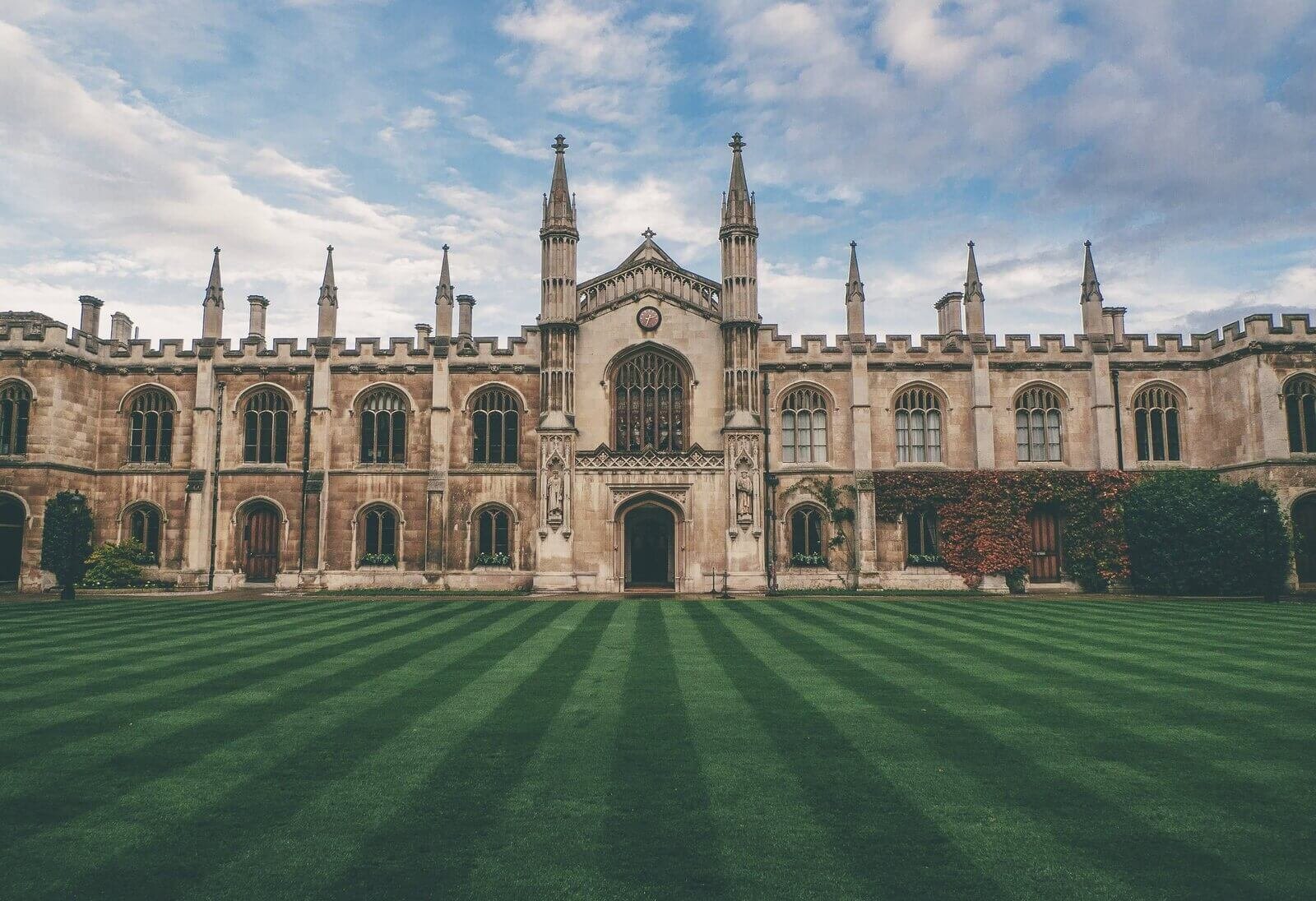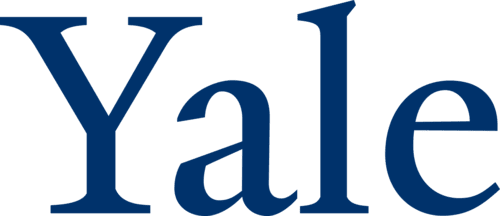US Pre-Med Application Support for IB Students
Tailored Support for Aspiring Doctors on the Path to US Medical Schools
Prepare for your Pre-Med journey with ThinkSmart’s specialized admission guidance.
Think Smart IB Tutors are the most qualified in the industry at offering first rate tutoring to International Baccalaureate students.
Think Smart Tutoring is rated excellent on
Tailored US Pre-Med Consulting for IB Students
For IB students dreaming of a career in medicine, the road to US medical schools can seem daunting. The US pre-med admission process is highly competitive and requires more than just excellent grades.
You need a well-rounded application, a compelling personal story, and a strategic approach that sets you apart. At ThinkSmart, we offer expert guidance tailored specifically for IB students aspiring to get into pre-med programs and eventually medical school in the US.
Think Smart students now attend
Why ThinkSmart’s Pre-Med Admission Help Is Essential for IB Students:
How IB Is Viewed for US Pre-Med Admissions:
Understanding the System:
US colleges highly regard the IB Diploma, but strong IB results alone are not enough to secure a spot in a competitive pre-med program. In addition to your IB scores, top universities often require standardized tests like the SAT or ACT and sometimes language proficiency exams like TOEFL or IELTS. Your predicted grades and mock results will play a crucial role in early applications, but it’s your ability to craft a compelling personal story that truly makes a difference.
Strategic Planning for Pre-Med:
From selecting the right undergraduate institution to planning your academic and extracurricular experiences, our team helps you develop a strategy that aligns your IB achievements with US pre-med requirements. We’ll guide you through what universities are looking for and how to meet their expectations.
The US Medical School System - Planning Ahead:
In the US, getting into medical school requires meticulous planning during your undergraduate studies. There is no official “pre-med” major at most universities. Instead, students often major in biology, psychology, or chemistry - fields that align with medical school prerequisites. However, some less traditional majors, when paired with the right extracurricular activities and coursework, can make you stand out even more.
At ThinkSmart, we help you choose the right major and structure your college experience to give you the best chance of getting into med school post-graduation. From course selection to gaining relevant experience in healthcare settings, we ensure you’re on the right path from day one.
What our students and parents are saying on Google (4.9)
US vs. European Medical School Systems - Understanding the Differences:
The US medical school system is quite different from what European high school students may be used to:
Direct Entry vs. Undergraduate Degree:
In Europe, students can enter medical school directly after high school, whereas in the US, students must first complete a 4-year undergraduate degree before applying to medical school.
Program Duration:
European medical programs typically last 5-6 years, integrating undergraduate and medical education. In the US, students spend 4 years in undergraduate studies followed by another 4 years in medical school, making the process longer overall.
Admissions Focus:
European medical schools mainly consider grades and entrance exams for admission, while US medical schools take a more holistic approach. This includes not only academic achievements but also extracurricular activities, personal essays, recommendation letters, and interviews, all of which are crucial in showcasing your suitability for medical school.
As an IB student aiming for top US med schools, you’ll need a very different kind of preparation. Think Smart is here to guide you through this unfamiliar territory, offering specialized support that aligns with your long-term goals.
US Pre-Med Admission Services We Offer:
-
Get the support you need, exactly when you need it. Whether you’re just starting your journey or need help fine-tuning your applications, our hourly sessions allow you to get expert advice on specific challenges, such as course selection, essay writing, or interview preparation.
-
Our comprehensive package covers every aspect of the pre-med application process. We help with:
CV and Motivational Letter Development: Create a standout resume and letter that reflects your passion for medicine and aligns with what top pre-med programs are seeking.
Interview Preparation: Prepare for interviews with real-world questions and personalized feedback to help you present yourself confidently.
Entry Requirements and Deadlines: We provide you with a detailed plan to meet all entry requirements and keep you on track with application deadlines.
Ongoing Support: From test prep to recommendation letters, we’re with you every step of the way.
The Importance of Expert Guidance in Pre-Med Admissions:
The Importance of Expert Guidance in Pre-Med Admissions:
US pre-med admissions are competitive, and the process requires more than academic excellence. With the help of our admissions experts, you’ll avoid common mistakes and strengthen your application, giving you the best chance to stand out.
Our specialists not only understand the intricacies of the US college system but also know how to position your IB achievements in a way that resonates with admissions committees. Their guidance is critical in helping you showcase your strengths and potential as a future doctor.
The Pre-Med Admissions Timeline:
Timing is crucial when applying to US pre-med programs, and US college undergraduate programs in general. Starting early allows you to plan effectively and meet important deadlines. Ideally, our work together begins at least a year or two before your intended start date, giving you ample time to prepare for list of ECs, exams, interviews, and applications. We’ll develop a personalized timeline to ensure you stay on track throughout the entire process.
Supplemental: What Are the Components of US Med-School Admissions?
Once you’ve completed your undergraduate degree (with pre-med coursework), the medical school application process in the US involves several additional components:
1. Undergraduate GPA:
Science GPA (BCPM - Biology, Chemistry, Physics, Math): This is a key metric that medical schools use to assess your academic preparation. Excelling in your science courses is critical.
Overall GPA: Your cumulative GPA is also important, as medical schools look for students who have consistently performed well across all subjects.
2. MCAT (Medical College Admission Test):
The MCAT is a standardized exam required by nearly all US medical schools. It tests your knowledge of biology, chemistry, physics, psychology, and critical thinking skills. A strong MCAT score is essential for a competitive application.
3. Clinical and Volunteer Experience:
Clinical Experience: Medical schools want to see that you’ve spent time working directly with patients or in a healthcare setting. This can include volunteering in hospitals, shadowing physicians, or working as a medical assistant.
Research Experience: Participation in research, particularly in medical or scientific fields, is often highly valued by medical schools.
4. Personal Statement and Essays:
AMCAS Personal Statement: This is your opportunity to explain why you want to become a doctor and what has inspired your interest in medicine. A compelling personal statement is crucial to standing out in the competitive application process.
Secondary Application Essays: After submitting the primary application, most medical schools require additional essays, known as secondary applications, which focus on specific questions related to the school’s mission, your experiences, and why you’re a good fit.
5. Letters of Recommendation:
Medical schools typically require 3-5 letters of recommendation. These should come from your undergraduate professors (especially in science subjects), research mentors, and healthcare professionals you’ve worked with. Strong letters that speak to your intellectual abilities, work ethic, and suitability for a medical career are essential.
6. Extracurricular Activities and Leadership:
Medical schools expect you to demonstrate a commitment to medicine through extracurricular activities. This includes leadership in student organizations, community service, healthcare-related jobs, and other activities that show your initiative and dedication.
7. Interviews:
If you pass the initial screening, medical schools will invite you for an interview. This is a crucial part of the selection process, and schools will assess your communication skills, maturity, motivation for medicine, and personal qualities during these interviews.
Get one step closer to your dream university!

The university of your dreams is within reach. Our tutees are already there.
We can help you with your Medical University admissions the way we helped our successful students.
2k+
students trained
94%
success rate
11+
years of experience



















